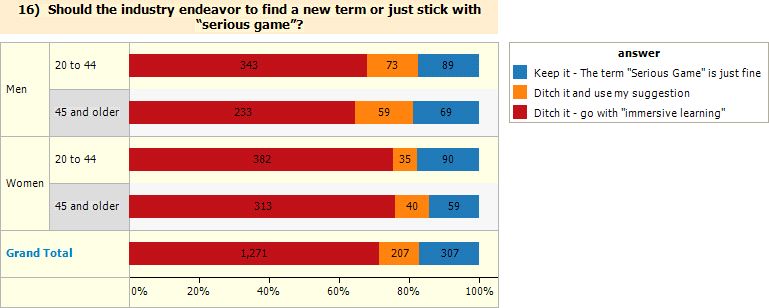I’m here at DevLearn (if you’re here, say hello!), helping run the Mobile Learning Symposium. I was reminded of the SmartPhone Round Robin, and Brent Schenkler asked me to post the link. Done.
What’s happening is that the various bloggers of the top SmartPhones (Treo, iPhone, Blackberry, and Windows Mobile), are making serious commitments to try out each of the other solutions for a week, and blog about their experiences. It’s quite enlightening to hear the admissions, but also just what’s important to different people and therefore what capabilities end up mattering.
I’ve always found it illuminating to listen to other folks talk about how they use their mobile devices to make them more efficient and effective, and this is a great opportunity to eavesdrop. How do you make yourself more effective?
